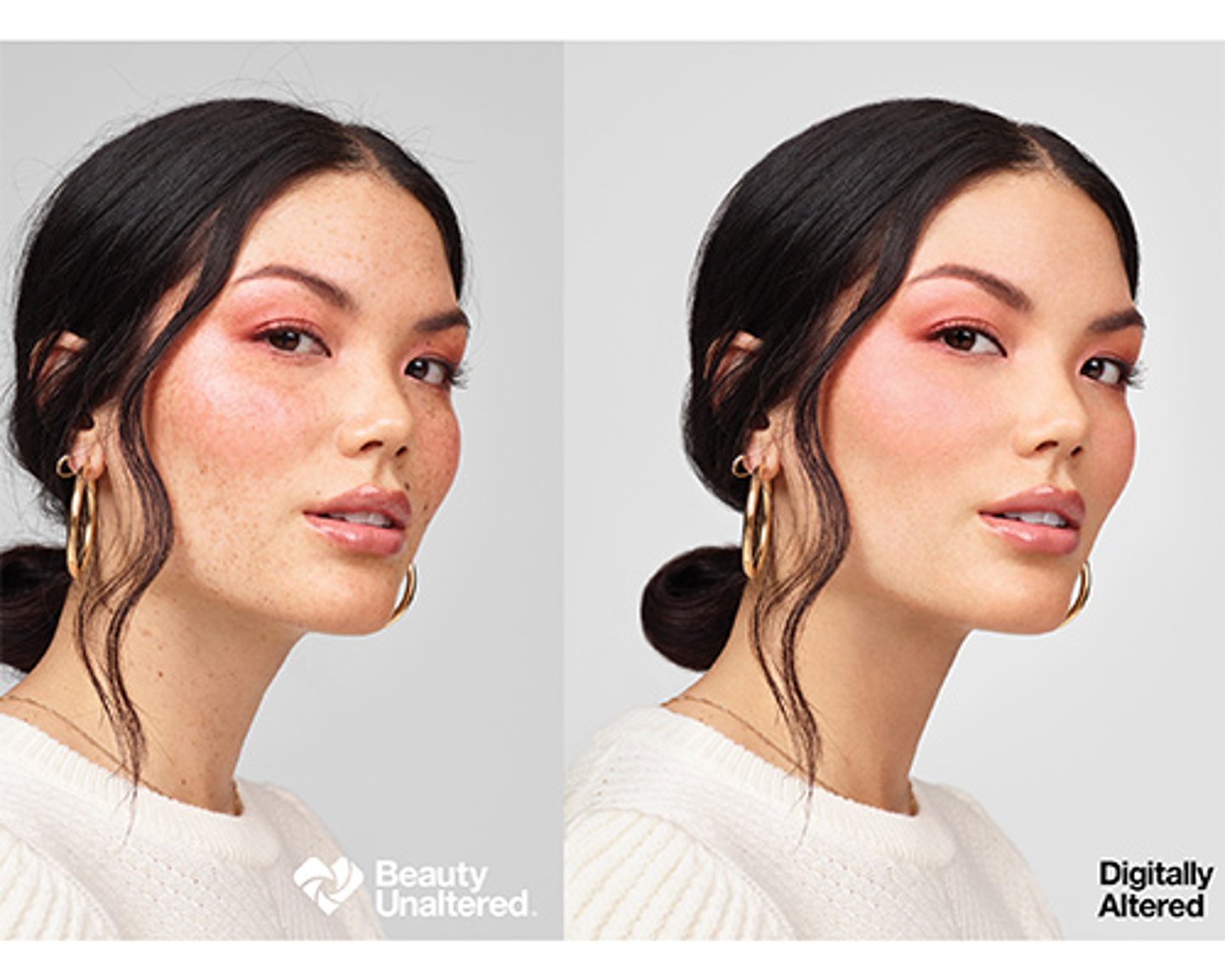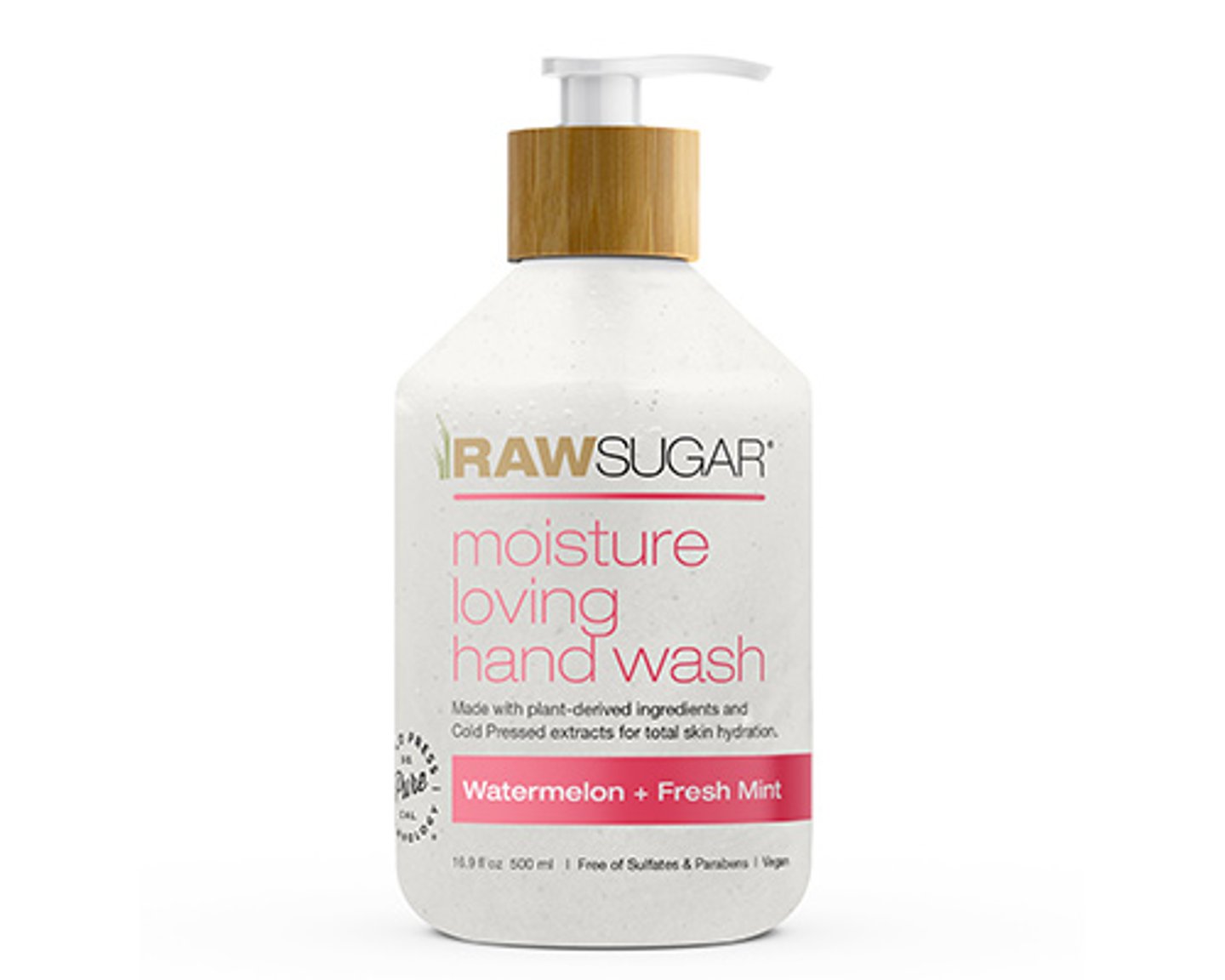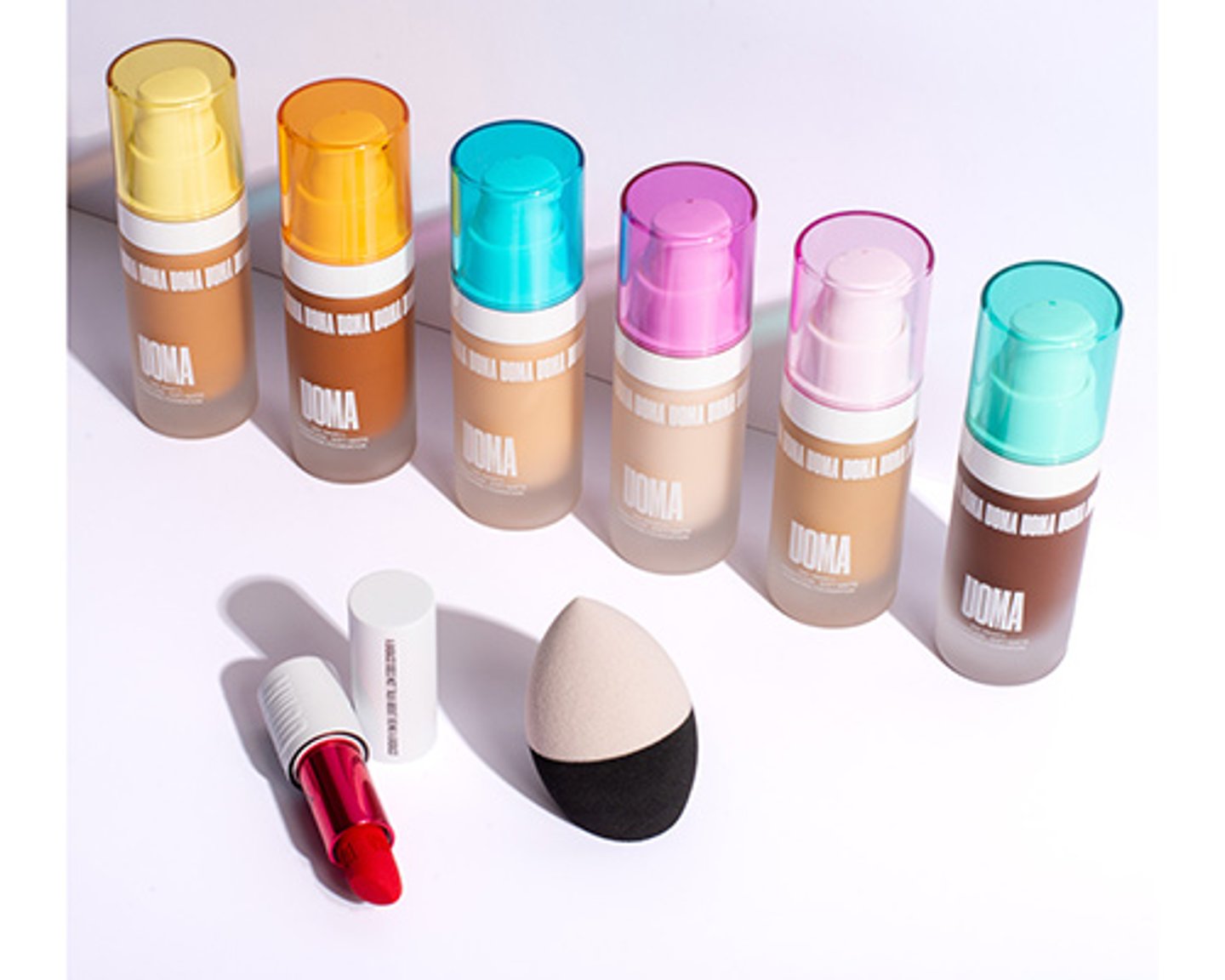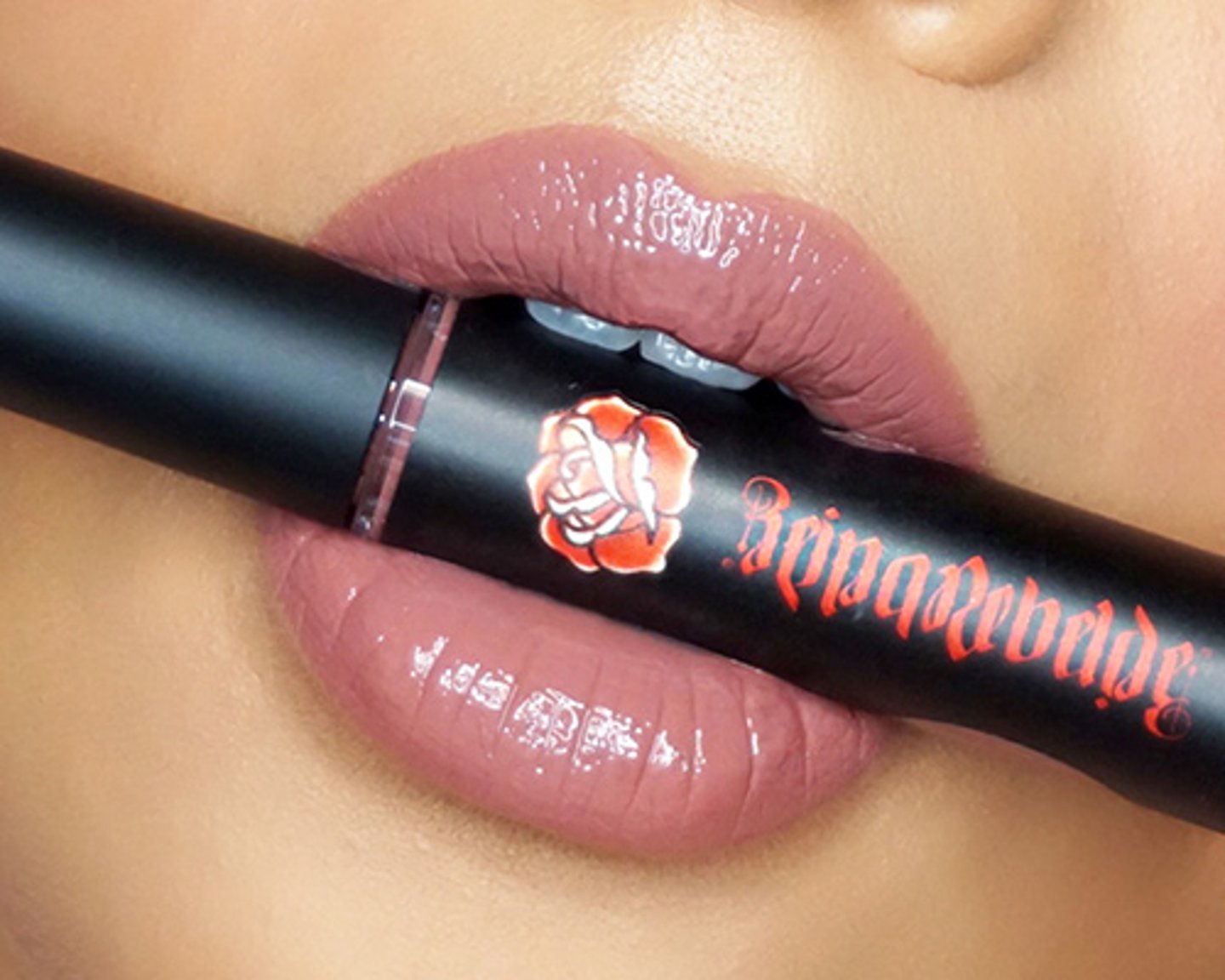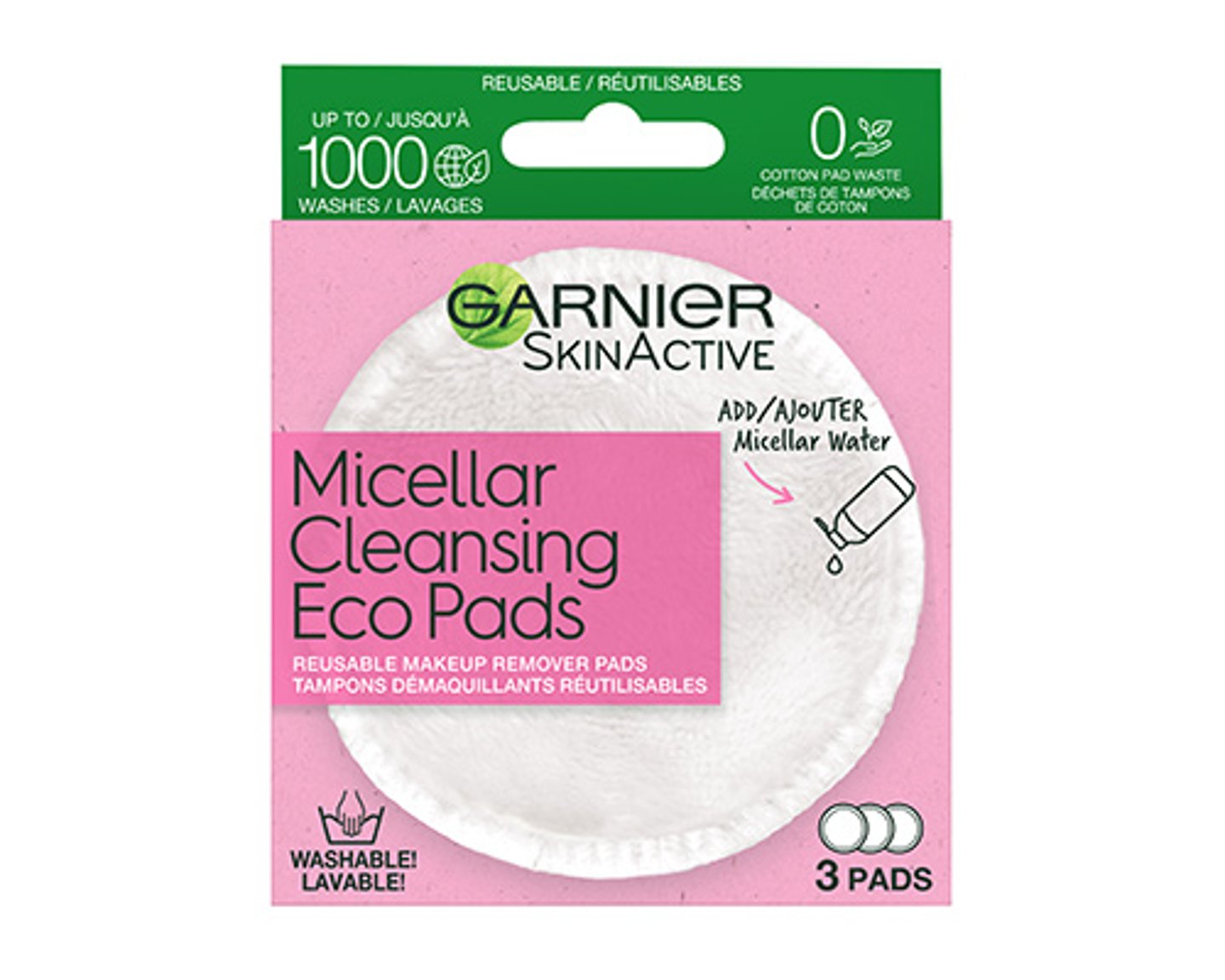Beauty with a purpose: How brands are stepping up
While the COVID-19 pandemic continues to uproot the retail industry and play havoc on the beauty segment, in particular, there is growing evidence that consumers are still turning to purpose-driven brands when they do show.
The theory among many industry officials is that purpose-driven retailers and brands can build trust with customers, which results in greater sales. According to a survey by New York-based Deloitte Global, purpose-driven products are selling three times faster, on average, than their competitors.
The importance of leading with a purpose accelerated during the pandemic and the social unrest that gripped the nation. According to Deloitte Insights’ recently published 2021 Global Marketing Trends report, 79% of respondents surveyed had positive awareness of companies that responded during COVID-19 to help customers, workforces and communities. In the beauty industry, examples included companies shifting gears to produce hand sanitizers (which L’Oréal is credited with being the first to do) or donating to front-line workers.
Nearly 1 in 4 respondents strongly agreed that those actions favorably shifted brand perceptions. Additionally, 1 in 5 people surveyed strongly agreed that such moves pushed their buying preferences in favor of that brand.
Given the increased importance that consumers are putting on brands to be socially responsible, it is more crucial than ever for the beauty industry to do the right thing — from cutting down on the wasteful packaging endemic in the category to ensuring products offer shades for all skin tones.
Empathy rules, according to Joann Marks, CEO of Orlando, Fla.-based CosPro Marketing. Her company published a white paper on COVID-19 that encouraged brands during the pandemic to reach out to consumers on a more emotional basis. “Some 83% of consumers surveyed are more likely to support brands that help others during hard times,” she said. “They will remember these companies and develop lasting loyalty to them.”
The luxury beauty market traditionally has been associated with purpose-driven efforts. Over the past two years, however, the mass market has stepped up its game. Recently, Ulta Beauty launched its Conscious Beauty program, which is designed to help consumers make more informed beauty choices. The featured brands offer products that are clean, cruelty-free, vegan and sustainably packaged.
“The introduction of Conscious Beauty at Ulta Beauty reflects the incredible value we place on listening to our guests,” said Dave Kimbell, president of Ulta Beauty. “We consistently work to answer their evolving desires and, with this holistic effort, we’re aligning beauty choices with their personal values.”
CVS Health, based in Woonsocket, R.I., began focusing on a purpose-driven business approach several years ago, starting with its decision to not sell tobacco to more recent moves to eliminate photoshopping of beauty imagery. The company’s Beauty Mark effort labels beauty imagery in store and on the retailer’s website, noting whether images have been retouched or not. The standards have had a broad impact on the industry, with such large companies as Coty and Revlon saying that all their store marketing images now are unretouched, not just the ones for CVS Pharmacy.
Target and Walmart also are thinking more inclusively when it comes to beauty and increasing shelf space for more diverse brands. Target was one of the first retailers to add textured hair care products, along with such multicultural cosmetics brands as The Lip Bar. Through its Take-Off Accelerator program, the Minneapolis-based chain helps numerous multicultural brands create go-to-market strategies.
Consumers and retail buyers now are expecting brands to have some altruistic program, as well as formulas and packaging that are environmentally conscious.
Here are several companies that retailers and industry experts singled out for beauty-with-a-purpose initiatives. These brands stand out for many reasons, including clean ingredients, sustainable production and packaging, inclusivity, self-care/wellness products, and those that make a positive impact by giving back.
Doing the Right Thing
Raw Sugar Living
Beauty with a purpose is not limited to megabrands. Los Angeles-based Raw Sugar is not only an organic and eco-friendly brand, but it also donates one bar of soap for families in need for every product sold.
“As the pandemic has shifted perceptions, values and spending habits, and people’s concern with less disposable income, beauty brands and retailers will need to speak to consumers in more authentic and innovative ways,” said Donda Mullis, co-founder and chief marketing officer at Raw Sugar Living. “The need to educate consumers on brand promises is more important than ever and can be led more prominently with unique value propositions.”
TGIN
Chris-Tia Donaldson, founder and CEO of Chicago-based Thank God It’s Natural, or TGIN, used to represent Fortune 500 companies in complex business transactions involving technology and open-source code. In 2015, she was diagnosed with breast cancer.
During her treatment, she learned that having money could make the difference between living and dying. She discovered that few organizations provided support and social services to help women in treatment with transportation, childcare, parking, or to help women seeking disability leave from their jobs. Her diagnosis prompted her not only to launch her natural line, but also to create a not-for-profit organization to support uninsured women undergoing treatment for breast cancer and to highlight the impact of health disparities on survivor outcomes.
Uoma Beauty
Sharon Chuter, founder of Uoma Beauty, based in Los Angeles, disrupted the makeup industry with her inclusive product assortment that debuted in 2017. During the summer of 2020, she shook things up again. A week after George Floyd’s death, Chuter launched a call to action on Instagram called Pull Up for Change, which has since mushroomed to more than 135,000 followers.
Her actions followed her frustration that while many companies posted a black square on Instagram in support of Black Lives Matter, not all did their best to promote Black leaders. She asked companies to publicly release employment statistics regarding the Black composition of their organizations, especially those in leadership roles. Her message struck a chord. Companies large and small, in beauty and outside the industry, owned up to their statistics — even if the numbers told the story that the company has a long way to go.
“What bothers me the most are the companies who directly market to the Black community and profit off it, but don’t provide jobs for them,” Chuter said. “This is the key to integration. If you want to be part of the solution, be part of the solution and stop talking about being part of it. I hope we have triggered conversation.”
Urban Hydration
Urban Hydration has a partnership with WaterIsLife that began in 2016, enabling the Frisco, Texas-based company to donate a gallon of water to a community without ease of access to drinking water per product sold. The company has raised enough funds to help build clean drinking water wells in Kenya, with plans to build its own well next year.
Reina Rebelde
Walmart recently added Reina Rebelde, a makeup line for Latinx shoppers.
“As a self-funded, Latina-owned and operated makeup brand, I could have never imagined that four years into this journey, I’d see Reina Rebelde in Walmart stores,” said Regina Merson, founder and CEO of Dallas-based Reina Rebelde.
“I created Reina Rebelde for our Latinx community to be authentically seen and heard in the beauty industry,” she said. “Walmart is helping a Latinx small business grow and allowing Reina Rebelde to be more accessible to Latinxs across the country, while bringing our multifaceted culture to life by celebrating my favorite holiday — Día de los Muertos.”
The Honey Pot
Beatrice Dixon, founder of Atlanta-based The Honey Pot, not only wanted to provide natural solutions to feminine care, but also help women who cannot afford proper supplies.
“Feminine care is not a luxury, it’s a human right. We’re proud to partner with #HappyPeriod to help give women in need the dignity they deserve,” Dixon said. To do so, she offers a special #HappyPeriod pin to help donate feminine care products to those in need.
E.l.f.
Self-care has been a buzzy concept all year, particularly in the early phases of the COVID-19 pandemic. E.l.f. Beauty, based in Oakland, Calif., teamed up with singer Alicia Keys to establish a full lifestyle brand, Keys Soulcare.
In a virtual press and consumer launch event, Keys explained the importance of what she terms soulcare, or a holistic approach to self-care that includes body, spirit, mind and connection. “It is going to reveal itself as skin care as the first step,” Keys said. The products will be sold online and in Ulta Beauty starting in December. One retailer likened it to a more affordable Goop “for the masses.”
Corporate Responsibility
L’Oréal
The world’s largest beauty brand has been at the forefront of environmental issues for almost a decade. Recently, the Clichy, France-based company with a New York City subsidiary launched its new sustainability program, “L’Oréal for the Future.” The company plans to have all L’Oréal sites be carbon neutral by 2025. By 2030, 100% of plastics used in L’Oréal products will be either from recycled or bio-based sources. Also, by 2030, L’Oréal will reduce its greenhouse gas emissions by 50% per finished product compared with 2016.
L’Oréal developed its Product Environmental and Social Impact Labeling initiative that scores products on a scale from “A” to “E,” with an “A” product considered “best in class” in terms of environmental impacts. The first brand to implement the new methodology to create a rating is Garnier hair care products.
Recently, Garnier kicked off a virtual press event to introduce its Green Labs to develop products bringing together the best of nature and science. Garnier also announced partnerships with Plastics for Change and the Ocean Conservancy to further reduce environmental and social impact of plastic pollution.
Garnier brand president Adrien Koskas appeared at the virtual event, explaining that Garnier has been transforming over the past decade and now has 90% natural ingredients in its formulas. He showcased a few items that exemplify the efforts, among them Micellar Cleaning Eco Pads — reusable makeup remover pads that can be washed 1,000 times.
Unilever
Unilever, with headquarters in The Netherlands and London, broke the traditional mold of what constitutes beauty with its Real Women Campaign in 2004. The company has maintained efforts to ensure inclusivity.
Unilever continues to make sustainability a priority. This past summer, the company committed to net emissions from all products by 2039 — from sourcing to point of sale. Unilever promises even higher standards to protect such high carbon ecosystems as forests, peatlands and tropical rainforests. The company will have a deforestation-free supply chain by 2023.
Unilever was attracted to Sundial, which it acquired in 2017, for its purpose-driven platform. Sundial’s SheaMoisture invests proceeds from every purchase back into the communities from where its ingredients are sourced. Unilever and Sundial invest yearly to help empower women of color through its New Voices Fund.
Shea Moisture just introduced its new Advisory Council — made up of nationally recognized Black women activists and thought leaders — for its recently formed Social Justice Coalition. The council is part of Shea Moisture’s $1 million pledge to support women of color entrepreneurs and small businesses, along with its broader commitment to reinvest in their community. The coalition and advisory board will further support communities of color and the brand’s work of combating institutional prejudice and inequalities.
Coty
The New York-based company jumped into action during the pandemic, converting manufacturing lines to produce hand sanitizers, which were donated to front-line healthcare workers, as well as to retail partners operating as essential stores that remained opened.
In the aftermath of George Floyd’s death, which led to widespread protests nationwide, Coty made meaningful donations to such organizations as the NAACP and Black Lives Matter, and doubled down on existing programs, including its global social platform, We Stand For You, and its multiyear partnership with Global Citizen, which envisions a world free of prejudice and discrimination in any form.

